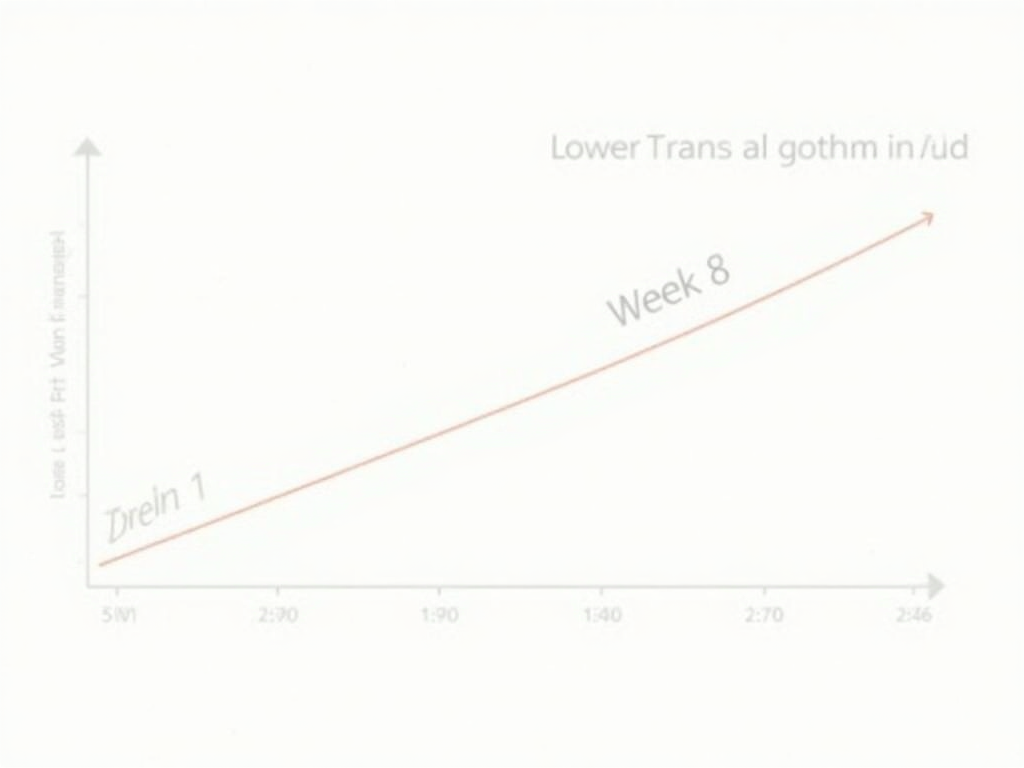Have you ever felt trapped by negative thoughts or habits, wondering how to break free? Behavioral therapy offers a practical way out. This approach to mental health focuses on changing behaviors to boost your well-being. It tackles issues like anxiety, depression, and phobias, giving you tools to improve your daily life. In this article, we’ll dive into how behavioral therapy works, share real experiences, and show you how it can make a difference.

What is Behavioral Therapy?
Behavioral therapy is a type of psychotherapy that believes behaviors are learned—and can be changed. Instead of digging into your past, it looks at what’s happening now. The goal? Spot negative patterns and replace them with healthier ones.
A popular version is Cognitive-Behavioral Therapy (CBT), which mixes behavioral changes with thought adjustments. The National Institute of Mental Health says CBT works well for anxiety, depression, and more. It’s all about taking action to feel better.
How Behavioral Therapy Works
When you start behavioral therapy, you team up with a therapist to set clear goals. You’ll get a plan that fits your life. Here are some techniques you might use:
- Exposure Therapy: Facing fears step-by-step to lower anxiety.
- Behavioral Activation: Doing activities that lift your mood, even if you’re not in the mood.
- Relaxation Skills: Breathing deeply or relaxing muscles to cut stress.
These tools are simple enough to use every day, helping you build better habits over time.

My Experience with Behavioral Therapy
I wasn’t sure about behavioral therapy at first. Social anxiety had me avoiding people, and even leaving the house felt impossible. But my therapist showed me how to start small.
One big help was behavioral activation. I planned little things—like a short walk or texting a friend—even when I felt down. Slowly, those steps got easier. Then came exposure therapy. I began with quiet places, like a library, and worked up to bigger crowds. Each time, I felt stronger, and the fear started to shrink.
The Science That Backs It Up
Behavioral therapy isn’t just talk—it’s proven to work. A Harvard Medical School study found CBT matches medication for treating depression and anxiety, but its effects last longer.
Other research shows it helps with phobias, OCD, and even pain management. Why? Because it gives you hands-on ways to change how you act and feel. It’s like a workout for your mind, building strength with every step.

Behavioral Activation: A Mood-Boosting Tool
If you’re feeling low, behavioral activation can lift you up. It’s a key part of behavioral therapy, especially for depression. The idea is to do things that feel good or give you a sense of success, even when you’d rather stay in bed.
Try this: 1. Pick activities you enjoy—like reading or gardening. 2. Plan them into your day, no excuses. 3. Notice how you feel before and after.
These behavioral activation strategies for improving mood can kickstart a positive cycle, making each day brighter.
How Family Therapy Fits In
Behavioral therapy isn’t just for you alone—family therapy can boost its impact. It brings your loved ones into the process, helping them understand what you’re going through.
For instance, if you’re tackling anxiety, family therapy teaches them how to cheer you on without letting you avoid tough moments. It builds a team around you, making your daily life feel less heavy and more supported.

Everyday Benefits of Behavioral Therapy
Behavioral therapy doesn’t just stay in the session—it changes your life. Here’s how:
| Benefit | How It Helps |
|---|---|
| Less Anxiety | Facing fears builds confidence. |
| Better Mood | Activities fight off gloom. |
| Stronger Connections | Managing emotions improves bonds. |
| More Energy | Action beats procrastination. |
These shifts take time, but they add up. Soon, you’re not just surviving—you’re thriving.
Wrapping It Up
Behavioral therapy is a game-changer for mental health. It hands you practical skills to tackle anxiety, depression, and more, making every day better. From my own journey to the science behind it, this approach proves small changes lead to big wins. Stick with it, and watch your life transform—one step at a time.
Discuss Here